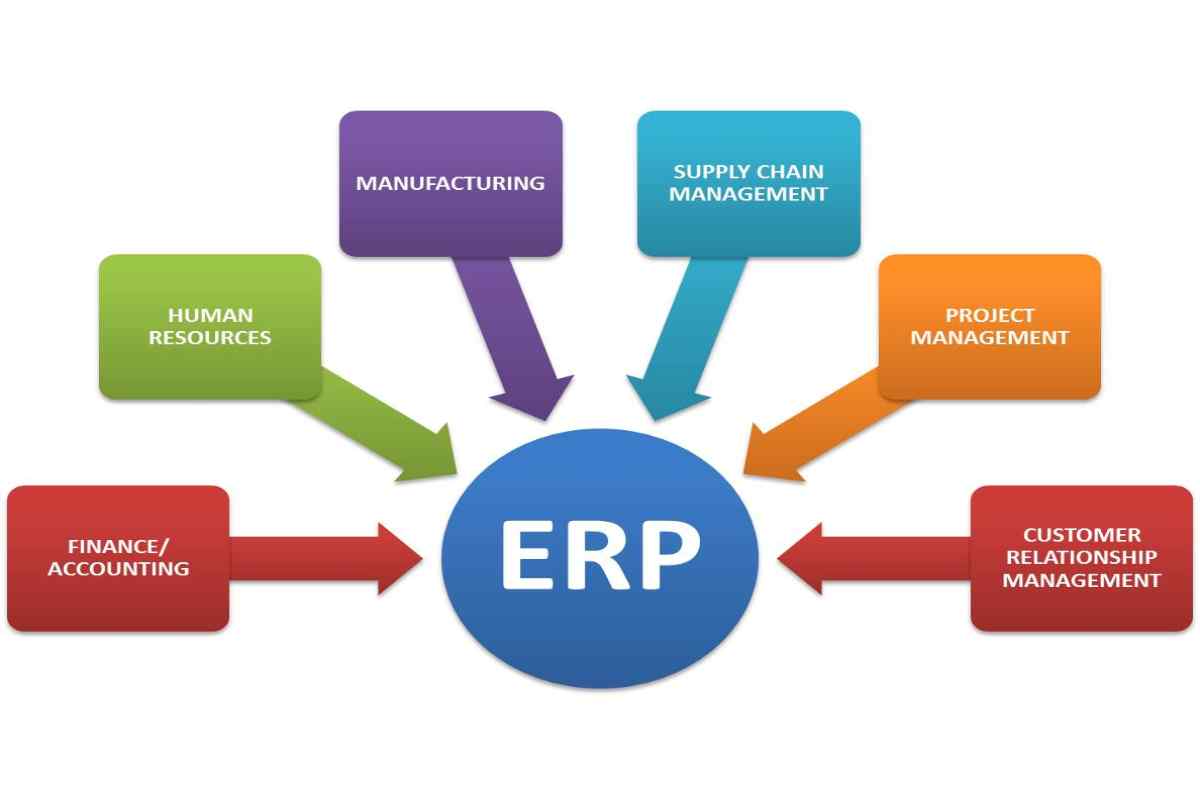Efficiency is a crucial element of profitability in the manufacturing industry. Manufacturing companies are constantly seeking new and improved ways to increase efficiency and cut down costs of production. Enterprise Resource Planning (ERP) technology can help these companies achieve their efficiency goals by offering a centralized management system that monitors and controls all aspects of a manufacturing facility’s operations.
Coordination and visibility are integral aspects of success for the manufacturing industry. ERP software can help deliver that while offering valuable insights into the performance of every machine, department, and production line within the company. The benefits of ERP solutions are numerous, so keep reading to find out more about what ERP software can do and how it improves efficiency.
Table of Contents
Increased Productivity
Manufacturing companies have complex workflows that involve several departments, from the manufacturing floor to back-office operations. With all of the moving parts of a manufacturing operation, inefficiency can be extremely costly. ERP software facilities the systematic management of daily schedules and offers a centralized database where management can optimize every operation and resource.
ERP software optimizes strategic planning and facilitates quick, well-informed decision-making. It allows for seamless company-wide synchronization using a company database that is constantly updated with the latest information. Not only does it improve efficiency on the manufacturing floor, but it streamlines back-office department operations, such as financial and sales processes.
Reduced Costs
In the manufacturing industry, efficiency is directly tied to profitability. ERP solutions not only improve the way that the company’s operations are handled, but it eliminates the need to revisit the process for further optimization. ERP software automates tasks that would have otherwise been done using paper filing and consolidates the information onto a single platform that several people can access. This results in error reduction and ensures overall costs remain low.
ERP software also streamlines workflows to create a lean manufacturing system. It can help identify areas of improvement within the system, reduce supply costs, enhance marketing strategies, and improve the skills of employees. With a centralized data hub that allows managers to monitor each piece of the business with ease, the manufacturing company can continually improve product quality, customer retention, and productivity.
Data-Driven Forecasts
Manufacturing companies are often hit with sudden market demands, such as overwhelming and unexpected demand for a product. This can also happen in reverse, where a product that was anticipated to be in high-demand winds up moving slowly. In manufacturing, planners are tasked with predicting market trends, including trying to forecast these crisis-like events. ERP software helps generate forecasts using a database of previous sales, events, inventory, trends, and sales reports, so planners have all the information they need at their fingertips.
Enhanced Security
In the digital age, data security is paramount. Data is a crucial part of a company’s growth, so protecting it with a secure infrastructure should be a top priority. ERP software offers industry-leading security, including encryption and project-specific protection that allows only certain individuals to access the information. ERP software is updated constantly to adapt to changing security demands, virtually eliminating the risk of data theft.
The Bottom Line
ERP software offers the manufacturing industry solutions that improve efficiency, leading to increased growth and higher profits. Business information is protected and preserved, so managers are in complete control of every aspect of the business. Manufacturing companies must invest in ERP software to stay ahead of the competition, so don’t hesitate to get more information about it today.


Review Determining ERP Solutions for the Manufacturing Industry.